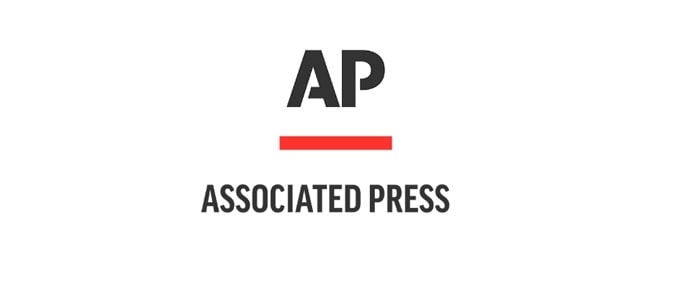California's Legal Cannabis Industry in Crisis: A Capitol Weekly Deep Dive with CaCOA’s Amy O’Gorman Jenkins
- Laura Braden

- Jun 9, 2025
- 3 min read
California's legal cannabis industry is facing an existential crisis, according to Amy O'Gorman Jenkins, Executive Director of the California Cannabis Operators Association (CaCOA), during a recent appearance on the Capitol Weekly podcast.
Since the industry's peak in 2021, the statistics are alarming. "Legal sales have dropped by more than 34%, and we have lost hundreds of licensed cannabis businesses," Jenkins said during the podcast. "By my calculation, we lost about 500 last year alone."
The human cost is equally devastating. According to Jenkins, the industry shed 12,600 jobs in 2022 and another 5,000 in 2023, representing "well-paying union jobs" and "people's livelihoods that have been destroyed. "
Perhaps most telling is the comparison to other states. Michigan, with just one-quarter of California's population, "is selling more cannabis by volume than California," Jenkins noted, attributing this to Michigan's lower taxes and fewer regulatory barriers.
At the heart of the industry's struggles lies a crushing tax burden. Jenkins explained that cannabis operators face not just a 15% state excise tax, but also sales taxes and various local taxes that can reach 15% at every segment of the supply chain.
"Once the final product is available for sale to consumers, you're talking about a 40 to 50% tax levied on those products," she said.
The situation is about to get worse. Without legislative intervention, an automatic trigger will raise the state excise tax from 15% to 19% on July 1st, representing "just under a 27% tax increase" that would be "paid by consumers buying cannabis in the legal market."
This tax burden has created an unsustainable competitive disadvantage against illegal operators. Jenkins cited economic reports showing an illicit cultivation market of 11.4 billion pounds versus just 1.4 billion in the legal market, representing about 60% of total market activity.
"These products are untested, unregulated, and untaxed," she emphasized, noting the thriving illicit market's public health and safety risks.
When compared to other regulated industries, the disparity is stark. "All together, cannabis taxes and fees in California amount to about 78% of wholesale value, compared to just 8.4% for alcohol and 29.5% for tobacco," Jenkins said, calling this framework "not sustainable" and "a roadmap to collapse."
Beyond state-level challenges, cannabis businesses face unique federal obstacles that other industries don't encounter. "They can't take out traditional loans. They can't engage in credit card transactions. They can't file for bankruptcy," Jenkins explained. Additionally, due to federal tax code Section 280E, cannabis operators "cannot deduct traditional business taxes" and end up "paying in excess of 70% higher taxes than non-cannabis businesses in California."
Jenkins acknowledged that cannabis tax revenue funds worthy programs, including childcare, public health initiatives, and environmental mitigation. However, she argued that raising taxes on a declining industry is counterproductive.
"You cannot squeeze blood out of a stone," she said. "If we go up to 19%, and we lose maybe 10% of our consumer base due to price sensitivity... we estimate that the state would lose $13 million in combined excise tax and sales tax revenue."
Jenkins emphasized that the goal must be migrating consumers from the illicit market to the legal market through competitive pricing and expanded access rather than driving them further away with punitive taxation.
As California grapples with budget pressures and the need for tax revenue, the cannabis industry's message is clear: sustainable revenue requires a sustainable industry, and that means policies that allow legal operators to compete effectively against their illicit counterparts.
Take Action: Learn more about efforts to freeze the cannabis tax increase and support California's cannabis consumers and patients at cacoa.org/freeze-the-tax.
.png)


